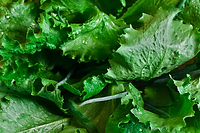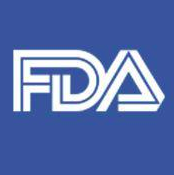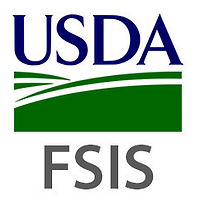As of April 4th, 72 people in five states have been infected with Shiga toxin-producing Escherichia coli O103, but U.S. health officials have yet to pinpoint a common source. UPDATE: As of April 9th, the case count has increased to 96 illnesses.
The investigation is a joint effort between the U.S. Centers for Disease Control and Prevention (CDC), the U.S. Department of Agriculture’s Food Safety and Inspection Service, and the U.S. Food and Drug Administration.
Health officials are using PulseNet to identify illnesses in this outbreak. Whole-genome sequencing performed on E. coli from ill people in this outbreak showed that they are closely related genetically. This means that the ill people are more likely to share a common source of infection. Illnesses started on dates from March 2, 2019, to March 29, 2019. Ill people range in age from 1 to 74 years. Illnesses so far have been confirmed in Georgia, Kentucky, Ohio, Tennessee, and Virginia.
Since no single food item, retailer, or restaurant chain has been identified as the source of these infections, CDC cannot recommend that consumers avoid any particular type of food.
In general, CDC recommends the following step to prevent an E. coli infection:
- Wash your hands. Wash hands after using the restroom or changing diapers, before and after preparing or eating food, and after contact with animals.
- Cook meats thoroughly to kill harmful germs. Cook steaks and roasts to at least 145 ˚F and let rest for 3 minutes after you remove meat from the grill or stove. Cook ground beef and pork to at least 160 ˚F. Use a food thermometer to check the temperature of the meat.
- Don’t cross-contaminate food preparation areas. Thoroughly wash hands, counters, cutting boards, and utensils after they touch raw meat.
- Wash fruits and vegetables before eating, unless the package says the contents have been washed.
- Avoid raw milk, other unpasteurized dairy products, and unpasteurized juices.
- Don’t prepare food or drink for others when you are sick.




